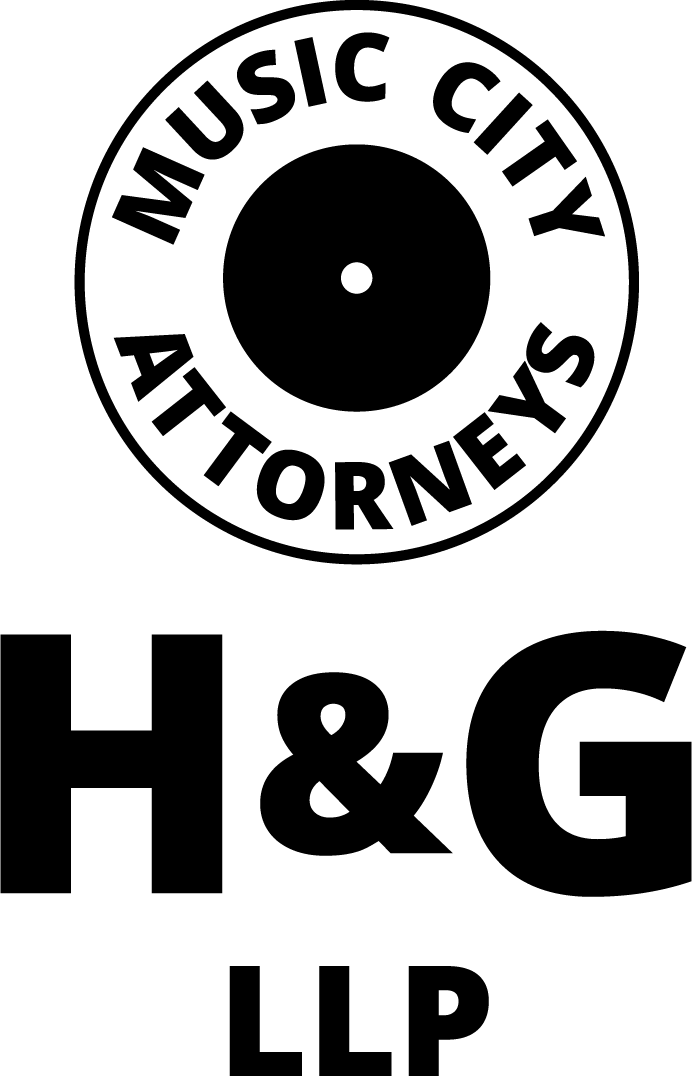Intellectual Property Basics: A Trademark Case Study
Welcome to part three of Intellectual Property Basics where we are going to look at a few companies who have struggled with protecting their mark. If you have not read part one where we discussed some of the basics of Trademark Law, you can do so by clicking here! Part two covered copyright basics and can be found here.
We have all heard of the big trademarks such as Playstation, Dolce & Gabana, and Apple, and we have all seen them get ripped off by other companies time and time again (Pear computers, Dolce & Banana, and Polystation). While it is comical to see some of the more inventive knockoffs, it is not as funny when you find out that your mark is infringing on someone else’s mark, or when you find out that someone is infringing on your mark. Then it becomes an expensive headache that you do not ever want to have to deal with which is why it is so crucial to register your mark with the USPTO as early as possible.
Case Study One: Apple Corps v. Apple Computers
Speaking of Apple and their strong mark, were you aware of the expensive trademark dispute the company had with The Beatles? The Beatles owned a multimedia company called Apple Corps Ltd., which they formed in 1968, eight years prior to the formation of Apple Computers. Apple Corps filed suit against Apple Computer that very same year in what turned into an expensive three-year fight. This suit resulted in the two parties settling, with Apple Computer paying Apple Corps $80,000 and promising not to move into the music space. After another violation of the settlement agreement by Apple, the two entered into another dispute resulting in Apple paying Apple Corps $26.5 million. Just a short time later, Apple launched Itunes and Apple Corp and Apple entered into yet another suit. This time, however, Apple came out on top, but not after both sides spent a small fortune on legal fees. In 2007, Apple and Apple Corp finally entered into an agreement to settle the trademark dispute once and for all time, with Apple Inc. taking all ownership of all trademarks relating to Apple. Apple Inc. now licenses out the trademark to Apple Corps for what can only be assumed to be a substantial fee.
Case Study Two: WWF v. WWE
Dwayne “The Rock” Johnson, Stone Cold Steve Austin, Triple H, The Undertaker. All of these and more are household names for those of us who were raised in the 1990’s, and all of these names were built during the reign of the Worldwide Wrestling Federation (WWF). However, the WWF was changed to the WWE in the early 2000s after losing a long legal battle with the World Wide Fund for Nature.
This was a very confusing thing for me as a middle school child, and I did not understand why the WWF would change to the WWE. I remember talking with the neighborhood kids about it when it changed and none of us had a clue why, but we all agreed on one thing... we hated the change. Why did we hate the change? Simply because it was not what we knew and loved. You may be wondering why I am talking about my childhood still. Well, children were the main target audience for the wrestling industry. We bought the merchandise and went to the shows, and without the children recognizing WWF and WWE as the same source of entertainment, their brand struggled financially.
Conclusion
My ultimate point here is that you DO NOT want to get into a dispute regarding your trademark, and that is why it is vitally important to do a trademark search and registration with the USPTO at the start of your business. You may have the best idea around, but you do not have the multi-million-dollar budget that Apple Inc. and Worldwide Wrestling Entertainment have, so take care of it now while it is still relatively cheap. It is a lot easier than re-branding several years down the line. If you have to re-brand, you lose years of work you spent building a strong connection in the minds of consumers that your mark is the source of your goods or services.
If you have any additional questions about your business’s intellectual property, contact us!
*The material and information in this blog is for general informational purposes only. In no way is this information to be construed as legal advice for a particular situation.*

